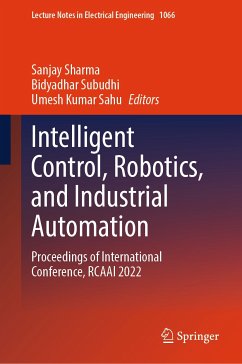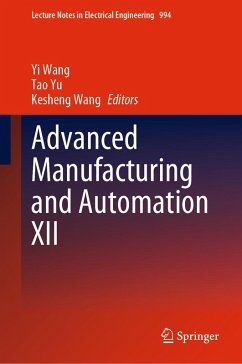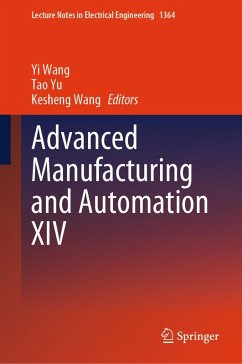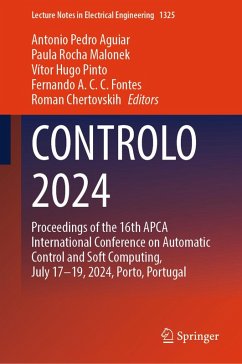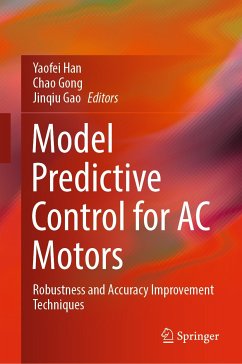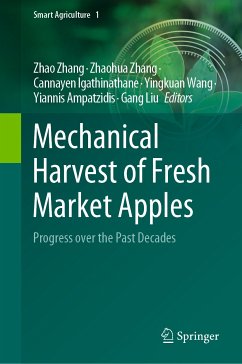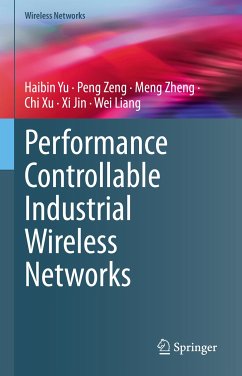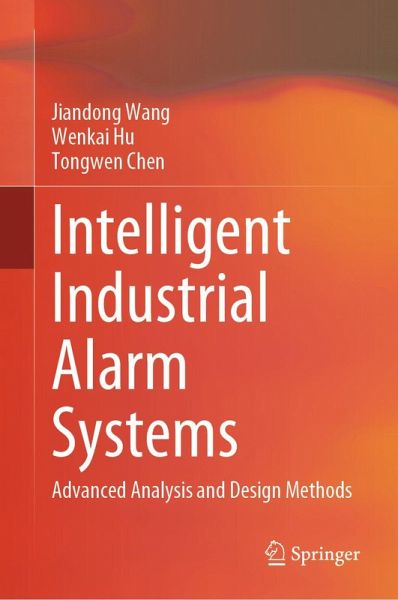
Intelligent Industrial Alarm Systems (eBook, PDF)
Advanced Analysis and Design Methods
Versandkostenfrei!
Sofort per Download lieferbar
128,95 €
inkl. MwSt.
Weitere Ausgaben:

PAYBACK Punkte
64 °P sammeln!
This book fills a gap in existing literature by providing a comprehensive academic perspective on industrial alarm systems, offering systematic methodologies, practical techniques, and visual analytic tools for engineers to improve system performance and design. Modern industrial plants rely on computerized monitoring systems to track hundreds of process variables in real time, enabling operators to maintain safe and efficient conditions. Automatic industrial alarm systems play a crucial role in alerting operators to abnormalities, such as high vessel levels, that could lead to unsafe conditio...
This book fills a gap in existing literature by providing a comprehensive academic perspective on industrial alarm systems, offering systematic methodologies, practical techniques, and visual analytic tools for engineers to improve system performance and design. Modern industrial plants rely on computerized monitoring systems to track hundreds of process variables in real time, enabling operators to maintain safe and efficient conditions. Automatic industrial alarm systems play a crucial role in alerting operators to abnormalities, such as high vessel levels, that could lead to unsafe conditions if left unaddressed. While contemporary alarm systems can be plagued with issues like nuisance alarms, recent academic research has introduced advanced methodologies, like Markov chain theory and Bayesian estimation, to optimize alarm parameters and enhance system performance. By integrating these theoretical advancements into practical applications, the goal is to develop intelligent industrial alarm systems that leverage historical data and process knowledge to predict and prevent alarm floods, ultimately ensuring safer and more efficient plant operations.
Dieser Download kann aus rechtlichen Gründen nur mit Rechnungsadresse in A, B, BG, CY, CZ, D, DK, EW, E, FIN, F, GR, HR, H, IRL, I, LT, L, LR, M, NL, PL, P, R, S, SLO, SK ausgeliefert werden.




